For many aspiring family lawyers, the opportunity to work with clients often and directly is a definite drawcard to the practice area.
This was certainly the case for Special Counsel Matt Hempstead at Barry Nilsson, who says the on-the-ground, client-facing nature of his work is part of what makes it so rewarding – albeit challenging.
“People are often in trauma when they walk in to our office or when they call us,” Matt said. “We have to be conscious of that as family lawyers, and our job is to provide solutions and a positive outlook so they have steps forward.”
Since his admission to the legal profession in 2011, Matt has gained extensive experience across a broad range of family law areas, including complex property and parenting matters, child support and spousal maintenance.
The Queensland Law Society accredited specialist sat down with Proctor to share a snapshot of what a family lawyer’s day looks like; the best parts of the job, some challenges that come with the role, and looking back, the advice he’d give to himself when he first started practising.
Proctor: What are the main tasks you come across at work each day?
Matt: The main tasks and duties I have on a day-to-day basis really range from taking an initial enquiry call to have a quick chat with a client who may need some assistance – seeing whether they need to come in urgently and, if so, getting them in or scheduling an appointment – through to appearing in court for trials or interim hearings, instructing barristers, writing letters or drafting documents.
So, really, anything you can think of in the legal sphere in the world of family law … but a lot of my time involves dealing with clients directly which was why I elected to go into family law. There’s lots of face-to-face interaction and drafting court documents, letters and correspondence, and this experience has been invaluable for refining and mastering my skills over time. Crafting legal documents in clear and straightforward language is a pet favourite of mine.
Proctor: Do you have any particular interest areas within family law?
Matt: I always find that really hard to answer, because it’s the variety that draws me to family law. We’re quite often dabbling in areas of tax or areas of trusts which are really interesting. I mean, we’ve got our key areas of property, parenting and child support, and also domestic violence work falls into that category.
But in terms of day-to-day practice, it’s having exposure to all of those areas of law that really interests me, and the fact you’re not stuck doing the same work day in, day out. Particularly as I’ve got more experience, the more complex end of that work is certainly what keeps me ticking and keeps me interested in family law.
I also think it’s a really good field when you’re a younger practitioner to hone your court craft and court work, because generally you’re on your feet doing that by yourself. There’s lots of appearances in the Federal Circuit and Family Court of Australia and often in the Magistrates Courts with domestic violence work as well.
Proctor: What’s the highlight of your work days?
Matt: In terms of what makes the work day great, I think it’s the calls or emails you get from clients who have had their matters finalised, where they’re sending you a ‘thank you’, and letting you know they’re not in the place they were in when they first walked through your door. That’s the most rewarding aspect of family law, and you do get to see those results in terms of improving people’s lives.
Proctor: Could you share some of the challenges you’re faced with day-to-day?
Matt: The biggest one is managing, at an early stage, the emotional trauma that’s often in a client’s life. But that’s also one of the most rewarding aspects – being able to provide them with, ‘here are the options’, ‘here are the steps’ and ‘here are the things that we need to do’.
But, often, clients will come in to your office for an initial interview with some ideas about what they might want, or what they think the court might do, based upon discussions they’ve had with family, friends or Facebook groups. Trying to help them navigate through that process and, at times, reality test, can be challenging, but it’s also a big part of family law.
Proctor: Working with clients going through a difficult time would probably have an impact on yourself too. How do you manage that and ensure you look after your own wellbeing?
Matt: It’s something that takes practice, and learning to switch off was something I had to teach myself. Having a team really helps with being able to unload if you have frustrations, or if you’ve got a really difficult case with a lot of complex issues. Having the ability to go and speak to other practitioners and gauge their views, rather than just keeping it to yourself and letting things bottle up, is invaluable.
But I think the biggest tip in terms of being able to switch off was, for me, turning the emails off at home and not having automatic email notifications pop up late at night, and instead just going in and checking when suits you.
Proctor: What are some common misconceptions about your job?
Matt: I think one of the biggest misconceptions about family lawyers relates to marital disputes or family disputes – that the lawyers somehow win at the end of the day if a matter is drawn out or if there are court proceedings involved. I think that’s quite untrue – our job as family lawyers is to look for solutions that keep our clients out of the system, and certainly to resolve matters as quickly as possible out of court. My greatest joy is when cases or matters resolve very quickly and efficiently, rather than if they’re protracted and proceed to trial.
Proctor: If you could go back to your first day of practice as a family lawyer, what advice would you give yourself?
Matt: ‘Breathe’, ‘stay calm’ and ‘you don’t need to know everything’. Even though I knew that then, you still kind of think you need to know everything when you’ve finished university, got your degree and found a job at a law firm. It does take time to develop experience and become familiar with this area of law, so it’s important to give yourself a break and allow that to occur.
The QLS Family Law Conference is on 6 October at Hilton Brisbane.



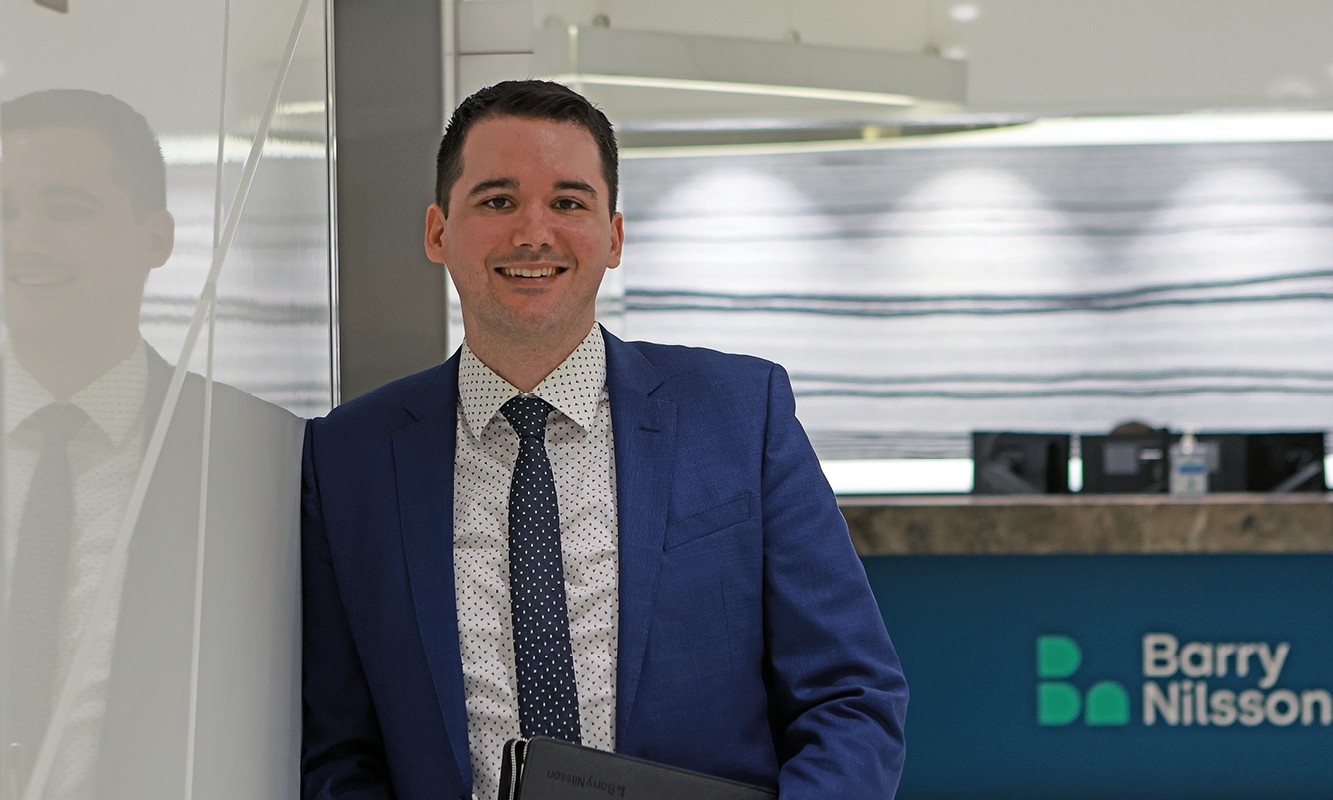


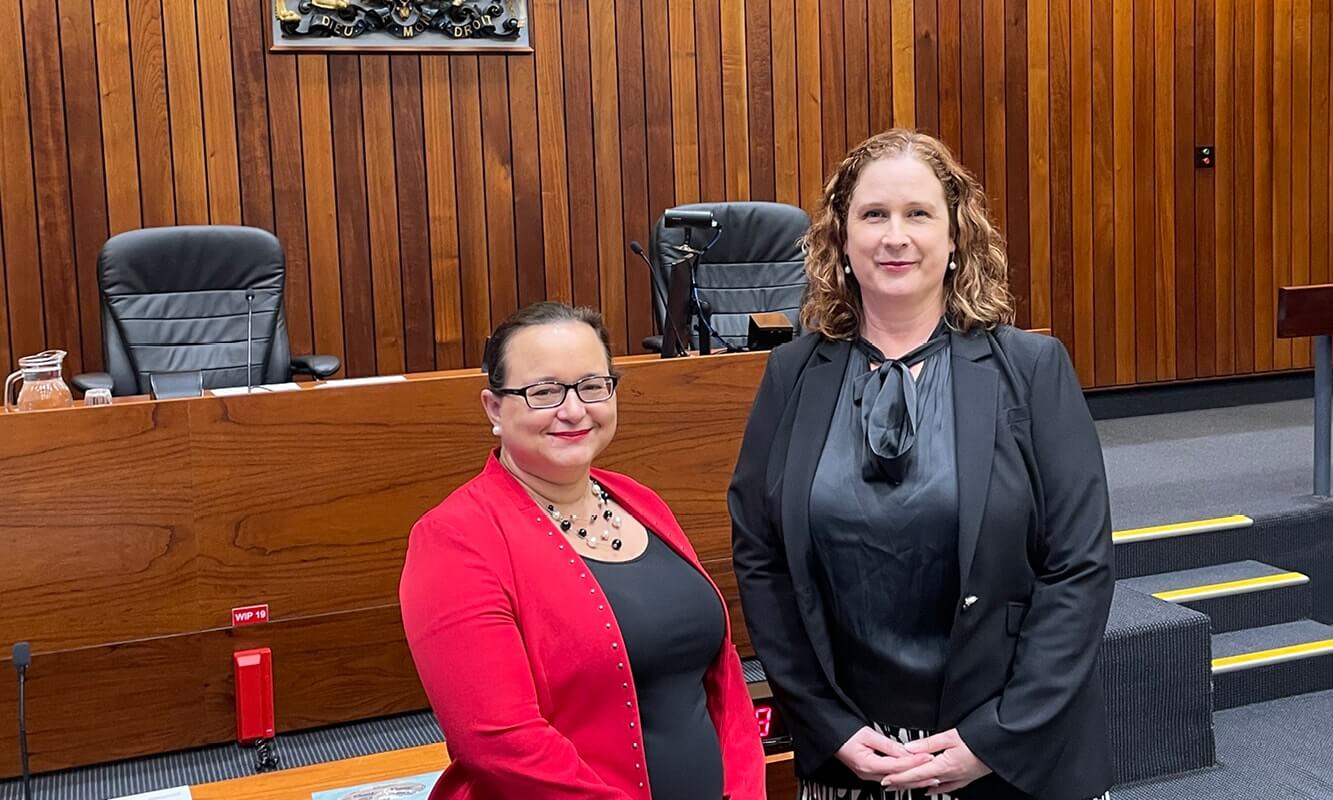
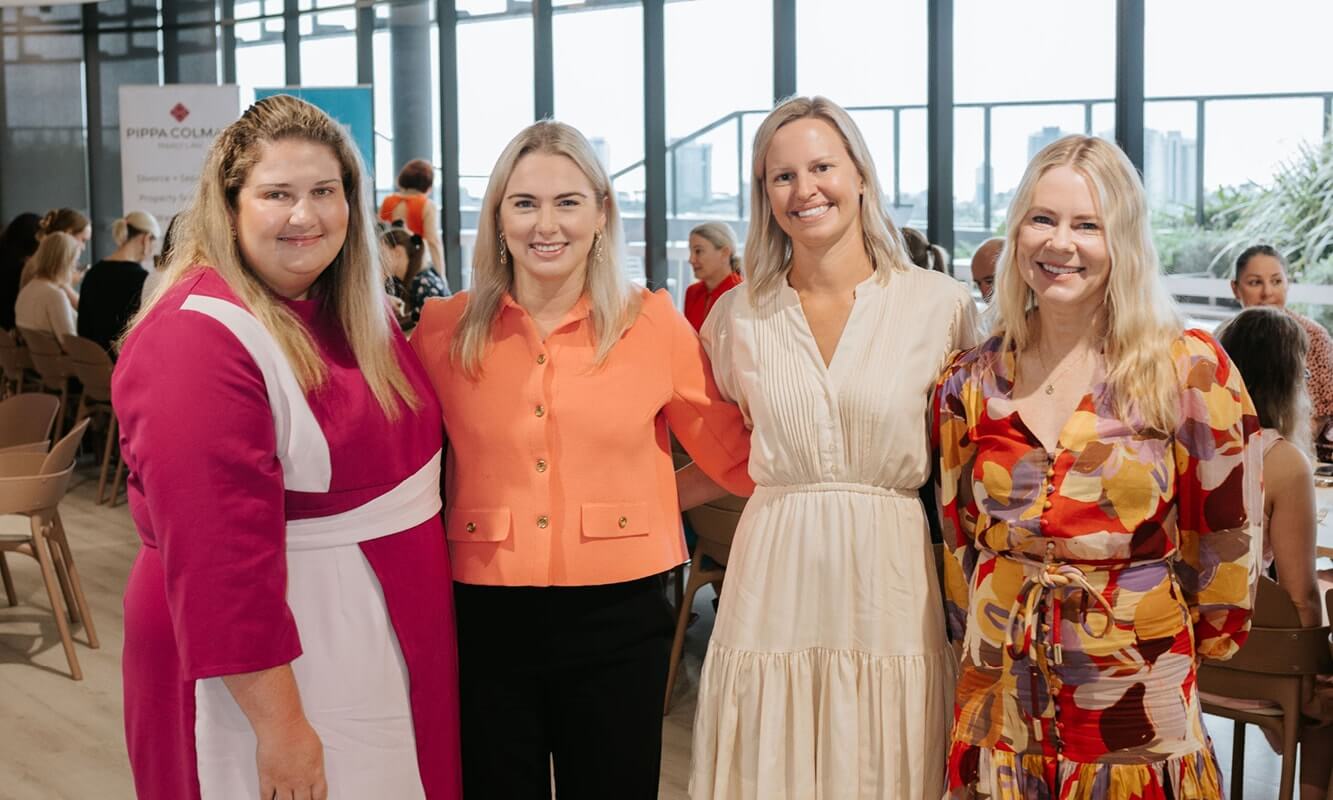
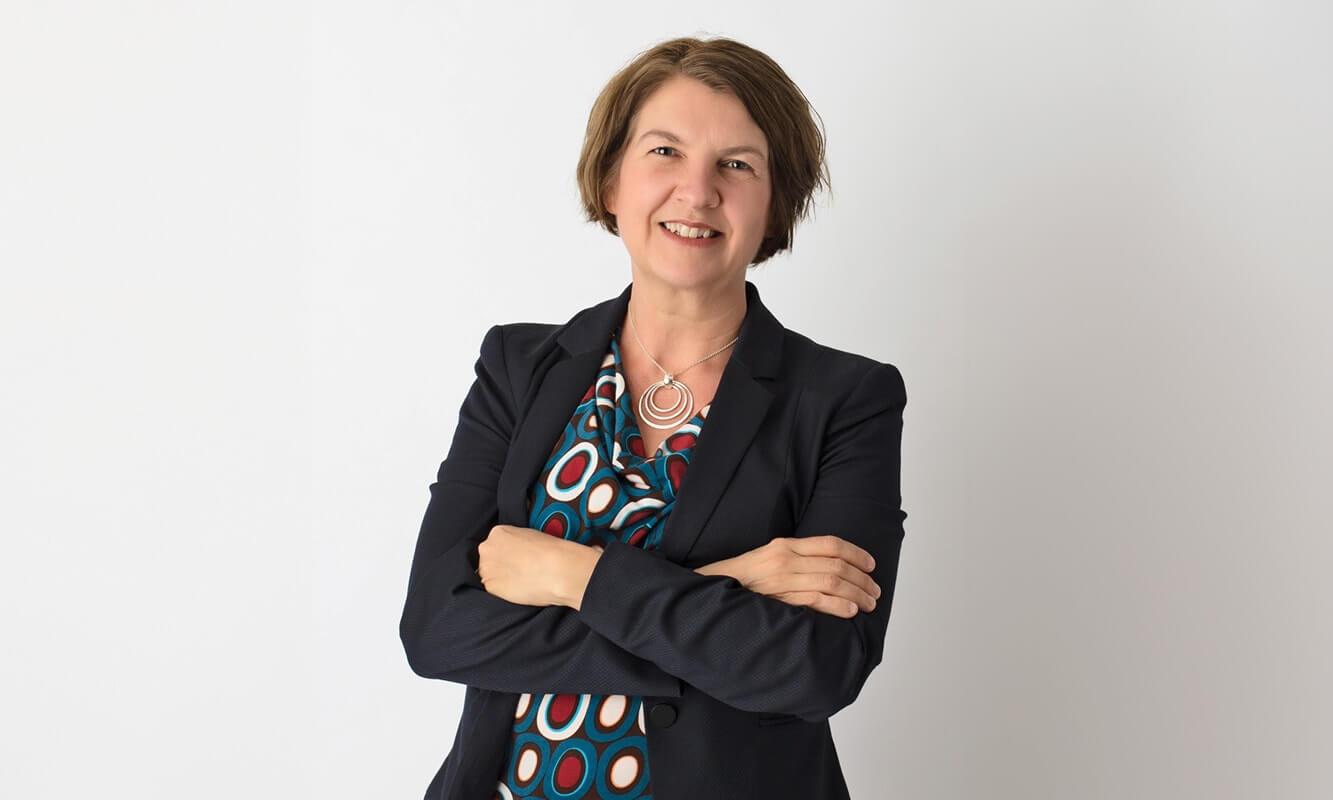

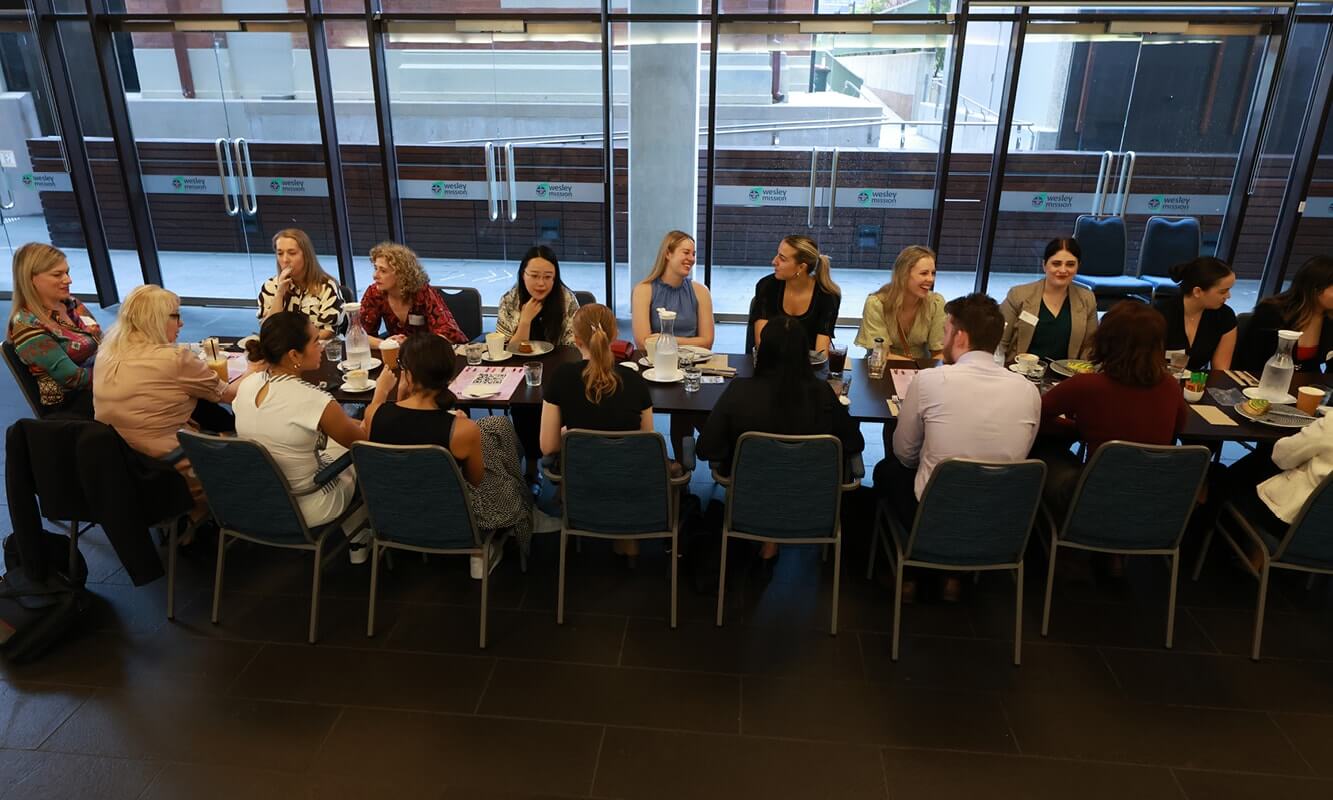
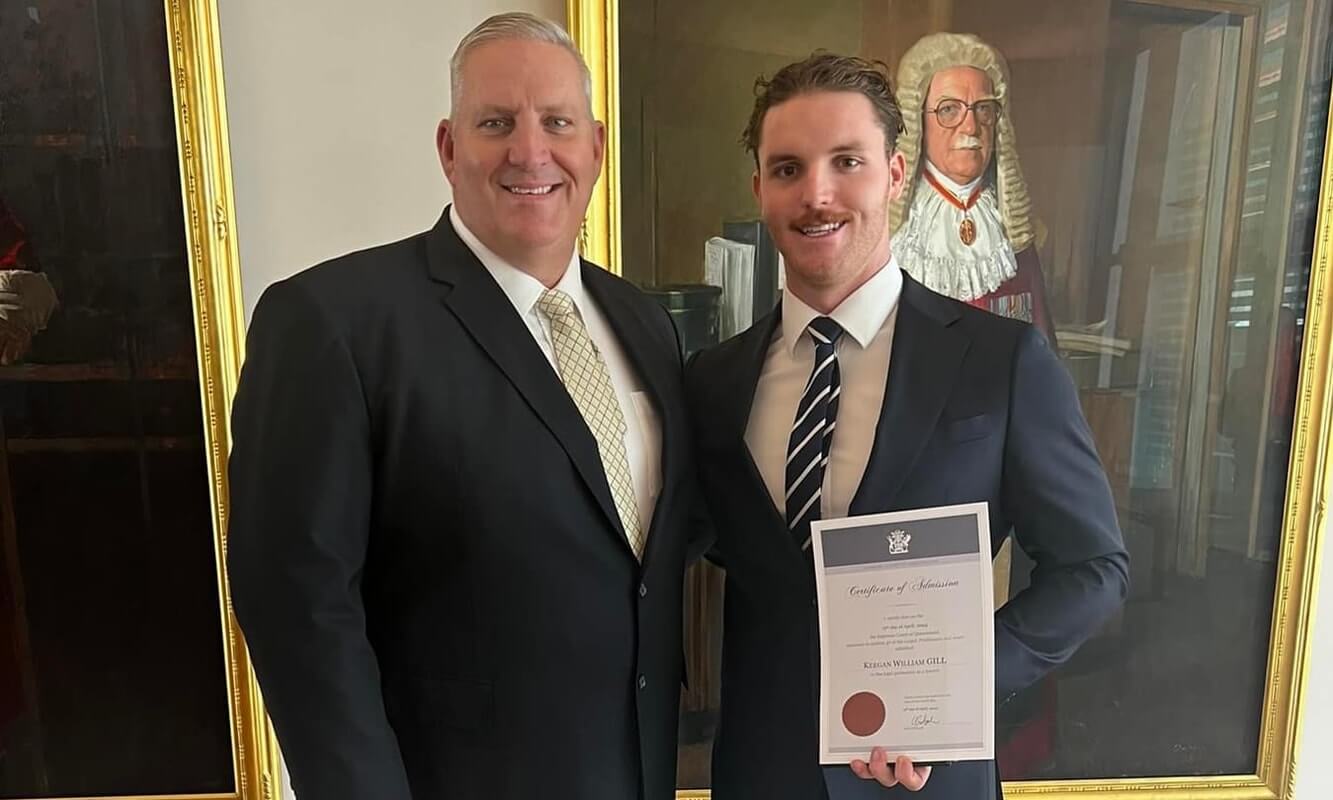

Share this article